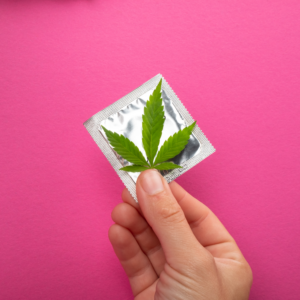An addiction is a medical condition that is characterized by compulsive engagement in rewarding stimuli, despite adverse consequences. Any behavior, activity or stimulus can become addictive, including drugs, exercise, eating, nose picking, gambling, sexual activity, and many more. Often addiction is confused with dependence, which is defined as an adaptive state associated with a withdrawal syndrome upon cessation of repeated exposure to a stimulus (e.g., drug intake). An article in "The Lancet" compared the harm and dependence liability of 20 drugs, using a scale from zero to three for physical dependence, psychological dependence, and pleasure to create a mean score for dependence. Cannabis scored a 0.8, while alcohol a 1.6 and heroin a 3.0.
What is a drug and what is a medicine? This questions begins to address the complicated nature of our relationship to exogenous substances. An indivual can use cannabis heavily for years and stop suddenly without severe physical symptoms. (unless they are treating a severe medical condition for which cannabis provides significant relief, such as migraines, MS, epilepsy, depression, anxiety). The bottom line is that cannabis is extremely safe, and there is no true withdrawl experienced by the user. Contrast this alcohol or benzodiazepines or methadone, where an abrupt cessation in the ingestion of these substances with lead to significant and even deadly consequences for the user.
andrewvanmd




